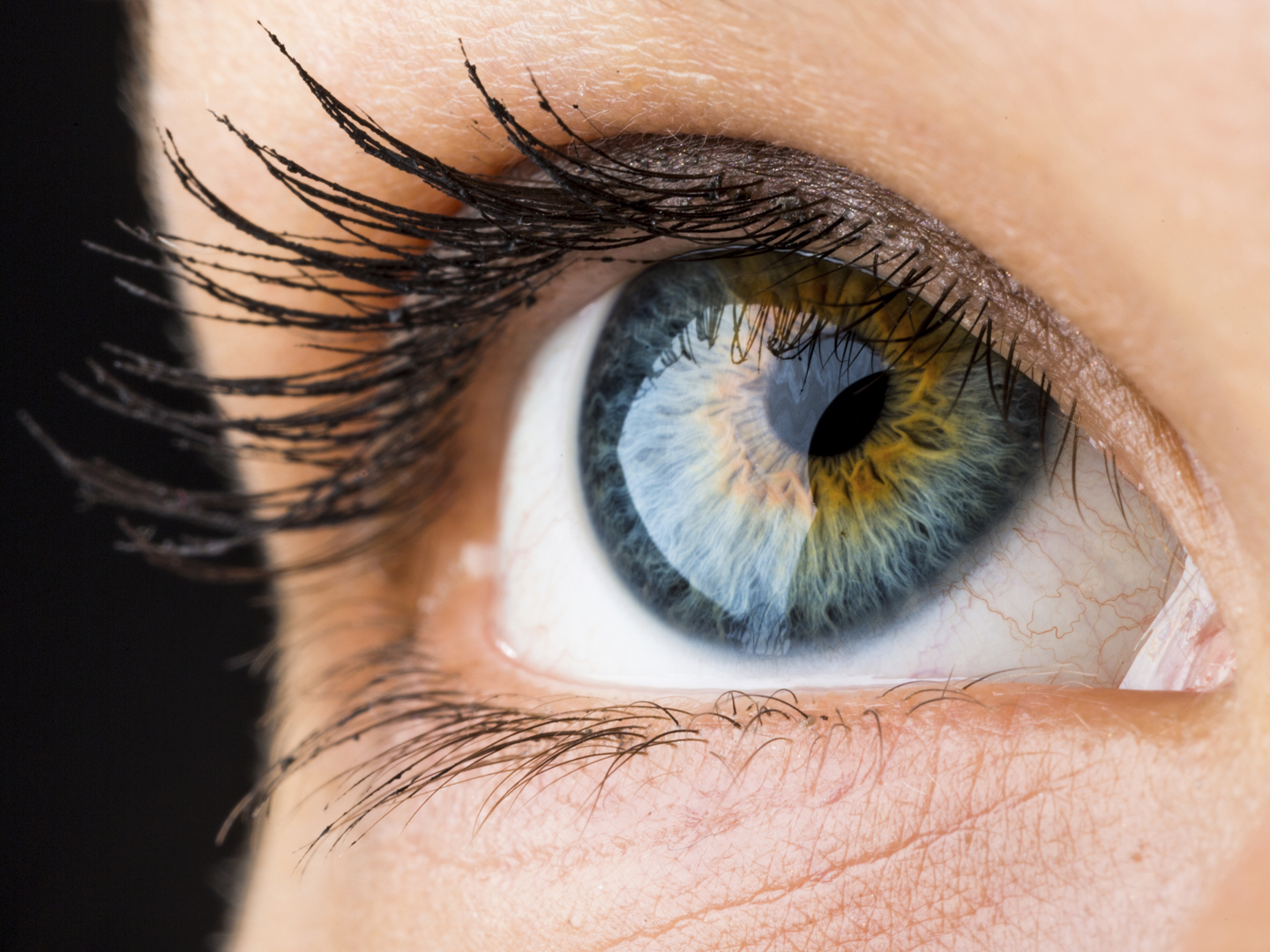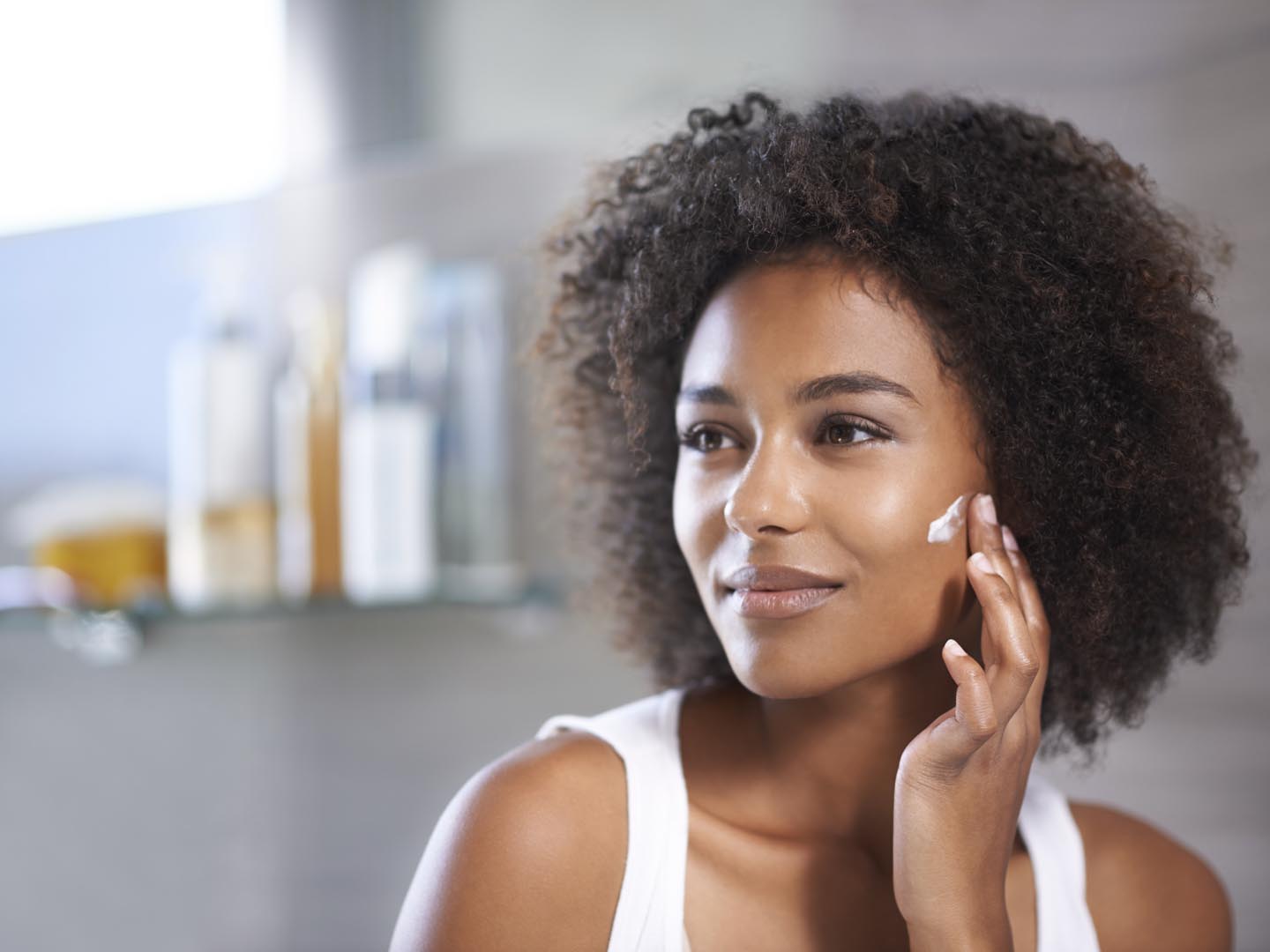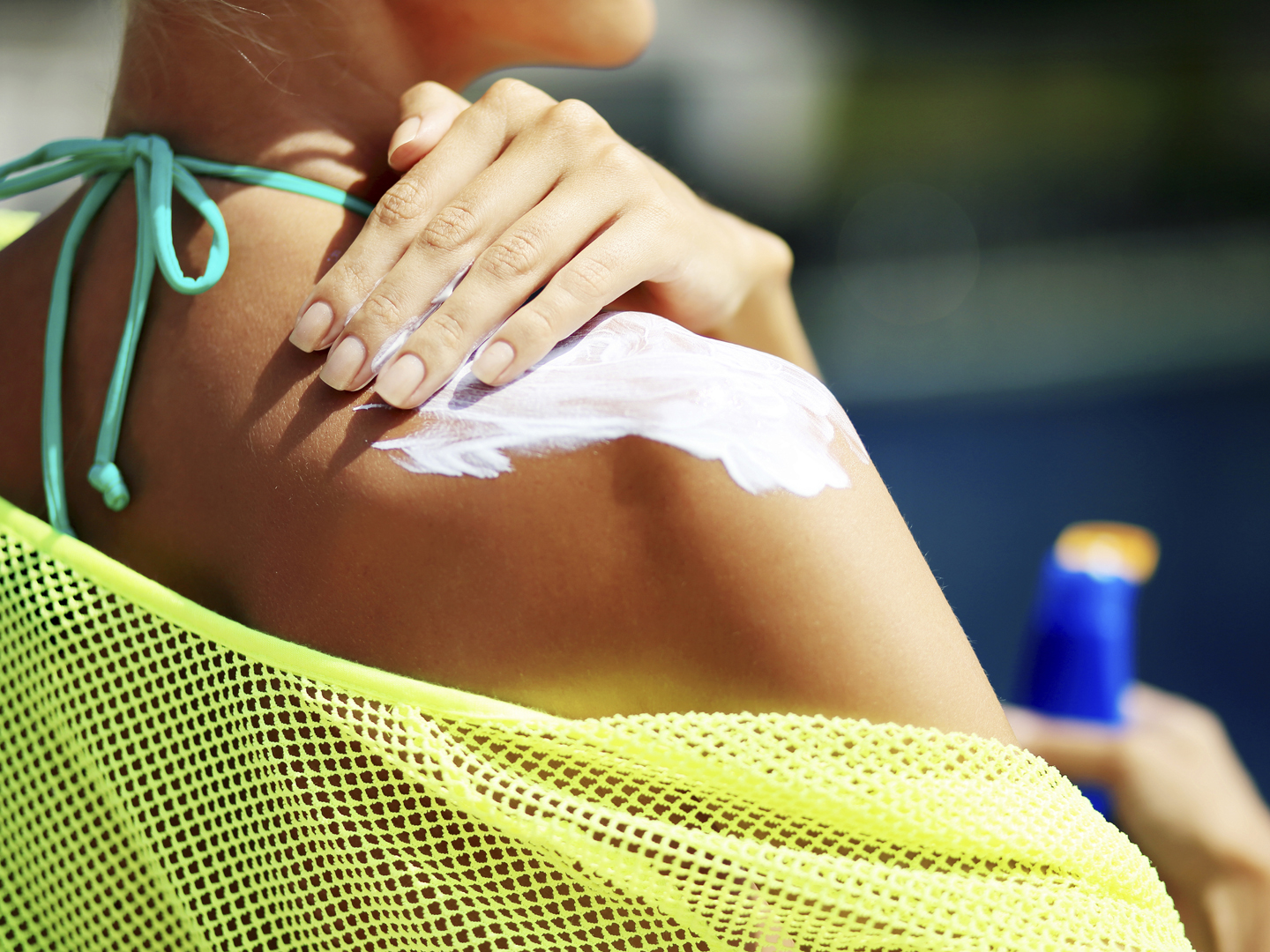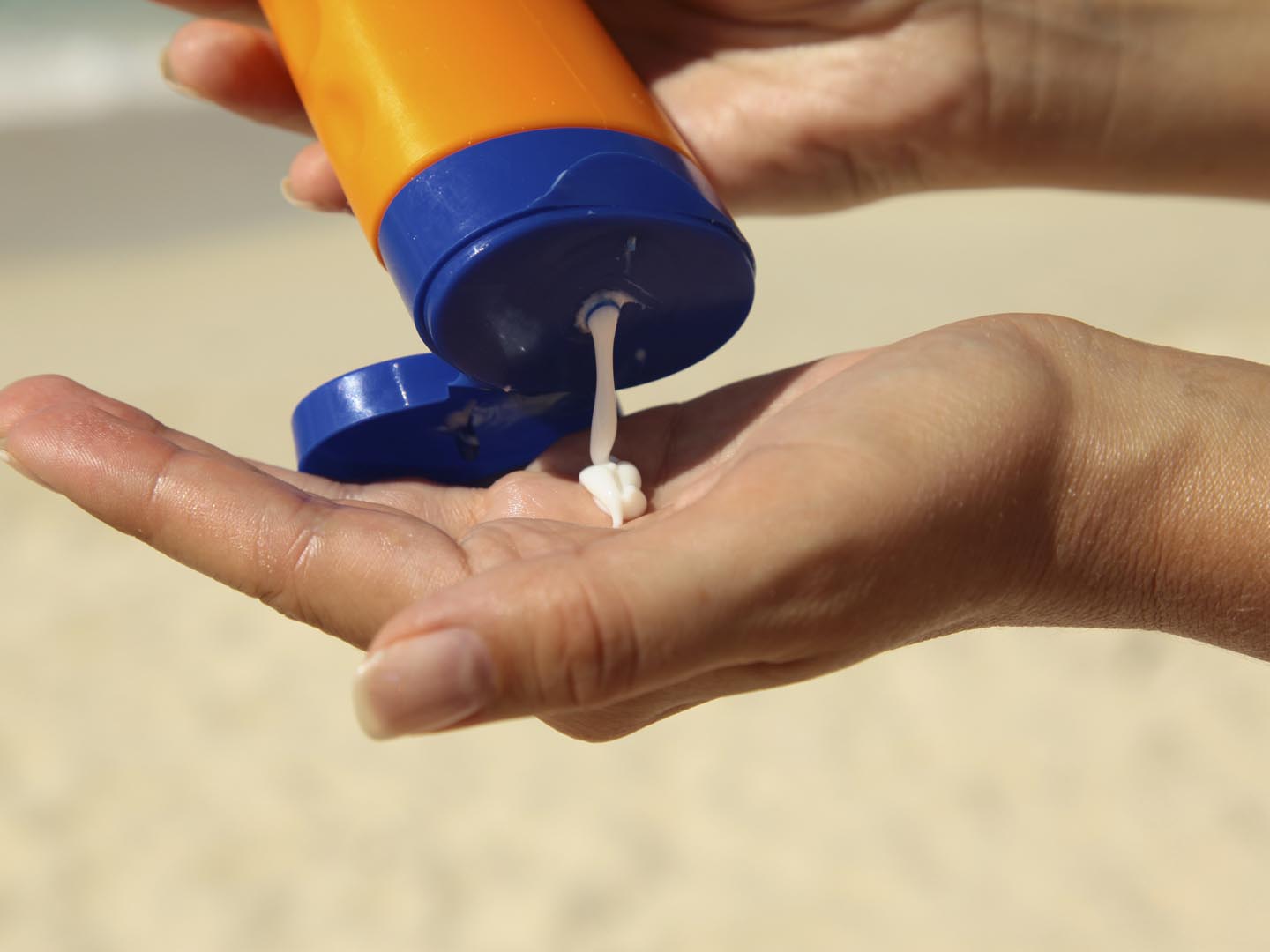Is Retin-A OK?
I am a 70-year-old female and have been using Retin-A, 0.05 percent, on my face for five months. It works very well. Could there be any adverse effects for the rest of my body?
Andrew Weil, M.D. | April 11, 2011

Retin-A (tretinoin, a derivative of vitamin A) is a drug applied to the skin for treatment of wrinkles, blackheads and acne. It can also fade brown age spots over time. Retin-A and similar products including Renova and Tazorac contain retinoic acid and are available by prescription. They all work by causing skin cells to turn over (grow and die off) more rapidly than usual, which has the effect of peeling off layers of skin, thickening underlying layers and stimulating cells that produce collagen, the fibrous substance that firms skin.
Used as directed, you should see the effects of Retin-A in a few months. I think Retin-A is very effective; I use it myself to repair sun damage. It makes the skin healthier and thicker. I don’t know of any adverse effects to the rest of the body. However, Retin-A and similar drugs increase the skin’s sensitivity to the sun, so that once you begin to use one of these products, you’ll have to apply sunscreen daily in order to avoid burning of the areas where you apply it. You should also know that initially these drugs can cause skin irritation or inflammation on the areas where they’re applied. If this occurs, it will subside before long.
A few precautions: Retin-A shouldn’t be used by women who are pregnant, could become pregnant, or are breastfeeding, and you shouldn’t use it if your skin is sunburned or windburned (resume when the skin has healed). The cost of Retin-A may be covered by health insurance when it’s prescribed for treatment of acne. Otherwise, it isn’t. A tube can cost $50 to $100, depending on where you buy it, but you use only a pea-sized amount per application, so a single tube can last for months.
Andrew Weil, M.D.









